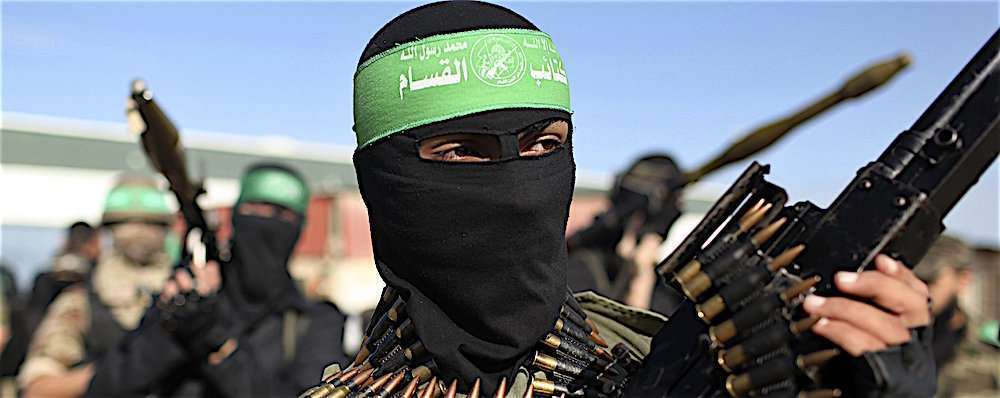The deputy leader of Hezbollah warns that Israel’s continued attacks on Gaza might lead to a regional conflict, with potential repercussions that may be uncontrollable. As the death toll rises, this stark warning comes amid a tense stand-off with Israel following recent cross-border violence.

by Ali Hassan
Lebanon-based Hezbollah, recognized as a terrorist organization by several countries and international bodies, has voiced grave concerns over the potential for a broader conflict in the Middle East. This comes as Israel intensifies its military campaign in Gaza, resulting in significant civilian casualties.
Sheikh Naim Qassem, the second-in-command of Hezbollah, issued a stark caution in an interview with the BBC, highlighting that unchecked aggression in Gaza could precipitate very serious and dangerous developments in the region. With the death toll in Gaza mounting, the militant group’s deputy leader suggests that the path to war is becoming increasingly likely if the bombings continue.
The recent Israeli offensive is a response to the fatal Hamas-initiated attacks on October 7, which resulted in the death of 1,400 individuals, predominantly civilians. Sheikh Qassem underscored the gravity of the situation, indicating that Israel’s heightened assaults on civilian populations heighten the risk of a wider regional war.
While Hezbollah has so far restrained from full-scale conflict, the deputy leader’s words signal a readiness to respond in kind to Israel’s actions. Following an Israeli strike in Lebanon that resulted in civilian casualties, Hezbollah retaliated with Grad rockets, marking a significant escalation in their military tactics.
Despite the militant rhetoric, Hezbollah has maintained a strategy of calibrated retaliation, specifically targeting military sites and preserving the threat of a full-scale response. The recent loss of Hezbollah fighters in the conflict serves as a testament to the group’s entrenched position and readiness to endure casualties in its long-standing conflict with Israel.
Throughout the conversation with the BBC, Sheikh Qassem attempted to cast Hezbollah in a defensive light, even as he defended its commitment to the elimination of Israel and recalled the group’s previous provocations, including the 2006 war triggered by Hezbollah’s abduction of Israeli soldiers.
Contrary to claims by Hezbollah that Israel instigated the recent escalation in Gaza, evidence presented by the BBC pointed to Hamas as the aggressor on October 7. Qassem deflected criticism of Hamas’s actions, framing them as a natural consequence of the Israeli presence in Palestinian territories and shifted the focus to the destructive impact of Israeli operations in Gaza.
Addressing the high Palestinian casualties, Sheikh Qassem painted the losses as fuel for Palestinian resolve rather than a consequence of miscalculated aggression. On the subject of Iranian support, he maintained that while Iran backs Hezbollah, it does not direct their actions, a claim that stands in contrast to the widespread belief among experts that Tehran significantly influences Hezbollah’s strategies.
Amid the heightened threat of escalation, Lebanon continues to grapple with internal strife, marked by economic collapse and political turmoil. The country’s populace shows little enthusiasm for another conflict, aware of the toll such a war could exact on their nation. Yet, despite these concerns, Hezbollah’s leadership upholds the right to resist and retaliate against Israeli offenses, positing such actions as necessary for national defense.
Nicholas Blanford, an expert on Hezbollah, forecasts dire consequences if conflict escalates further, suggesting the implications would be much more severe than the current situation in Gaza, affecting civilian life and national infrastructure in both Israel and Lebanon.
As regional tensions simmer, the tripartite balance between Hezbollah, Israel, and Iran continues to hold, with each actor weighing the potential costs of their next move. Nevertheless, the possibility of war—whether by accident or intention—remains, hanging ominously over a region already scarred by conflict and loss.
(Associated Medias | FAD) – All rights reserved.
